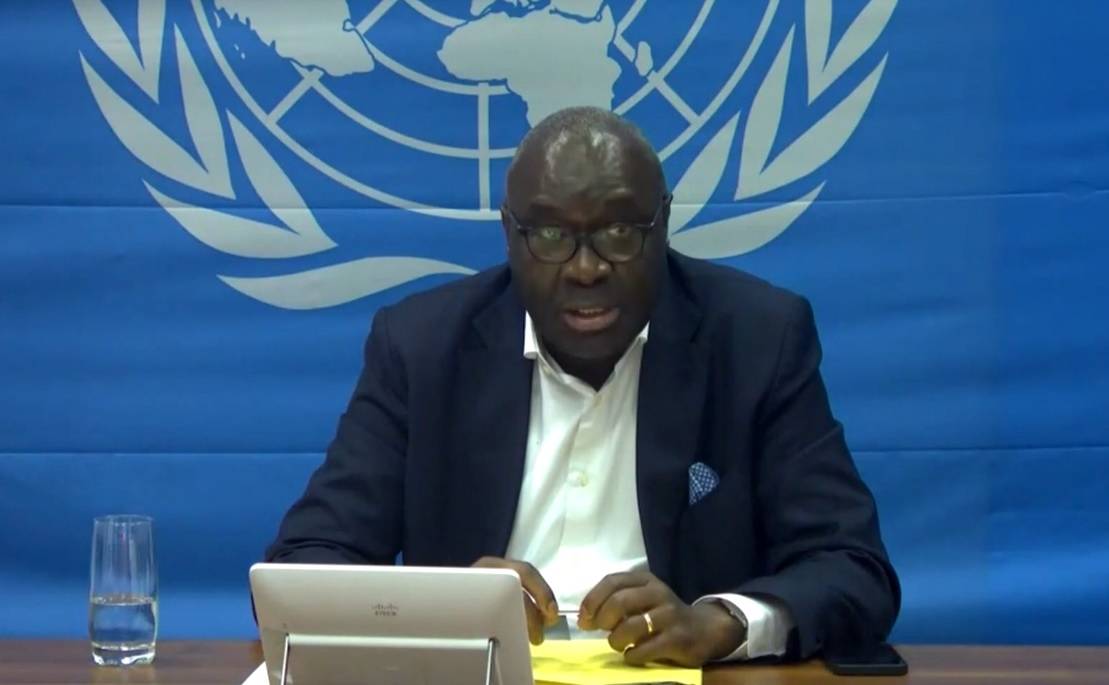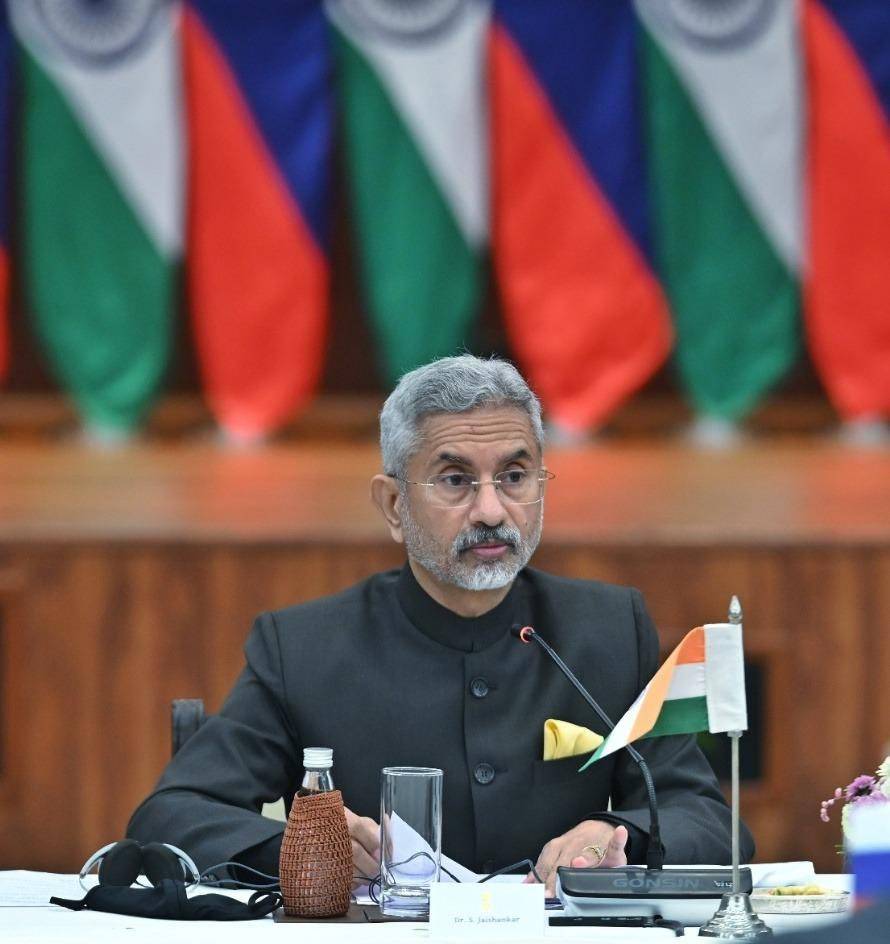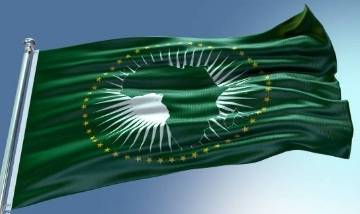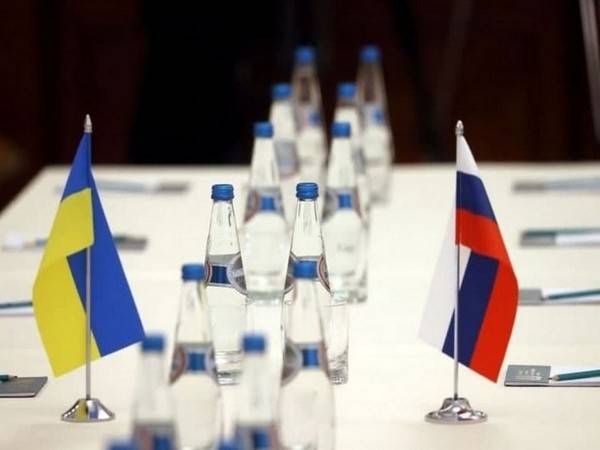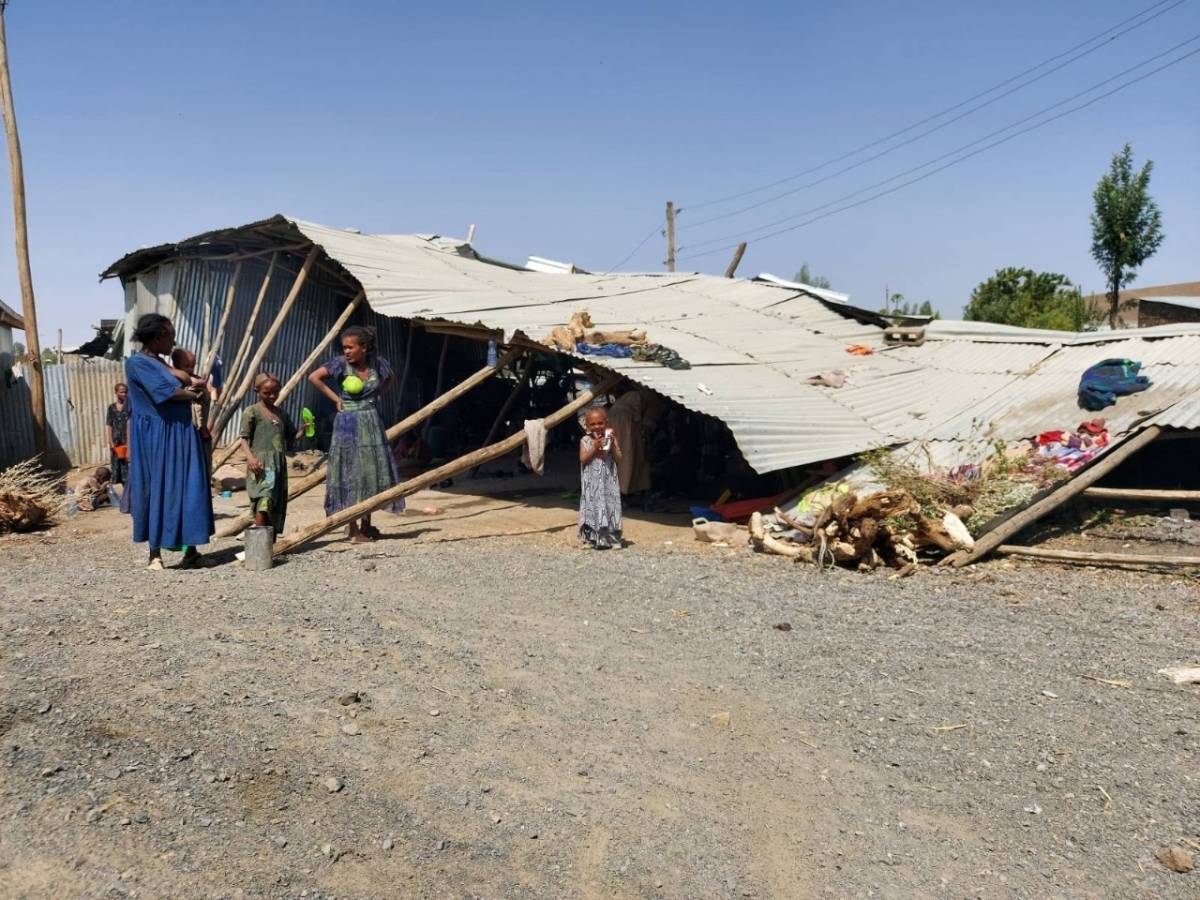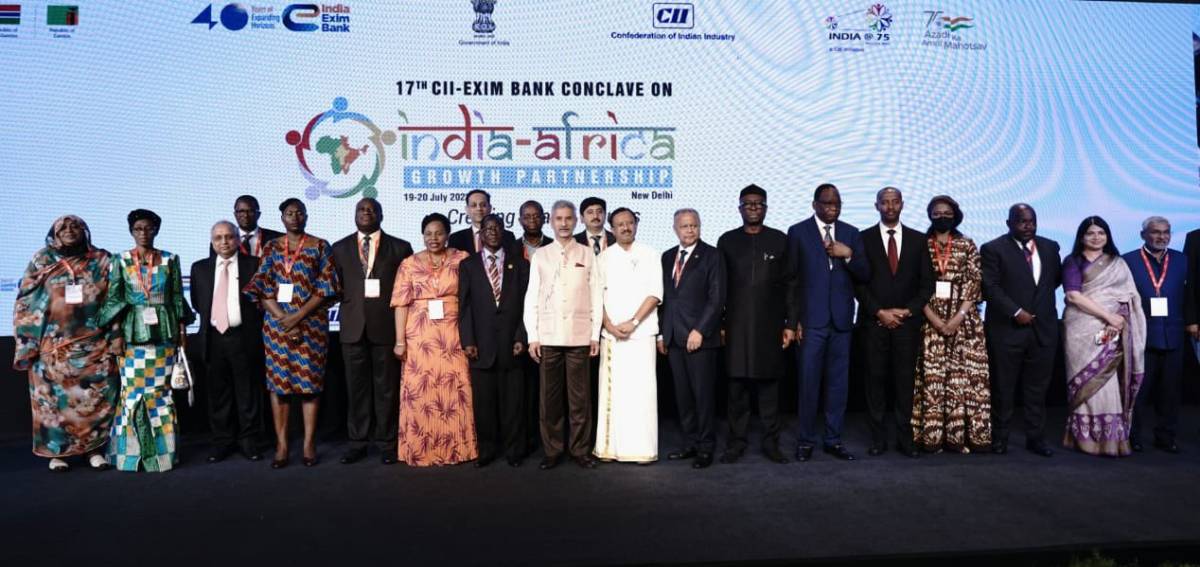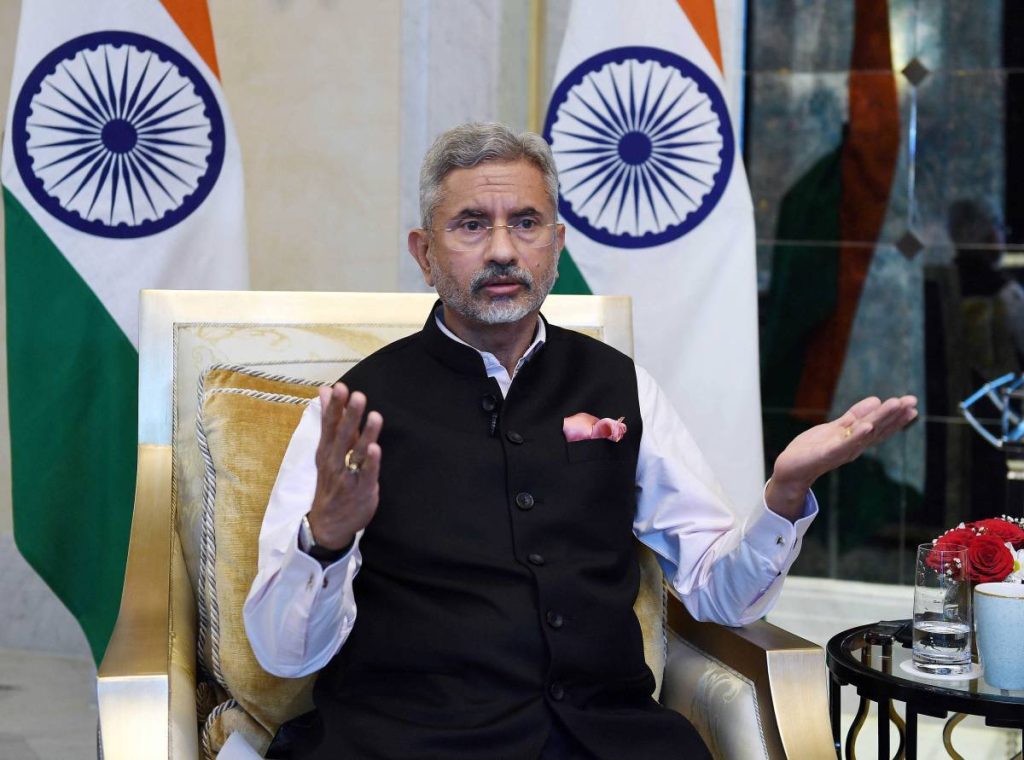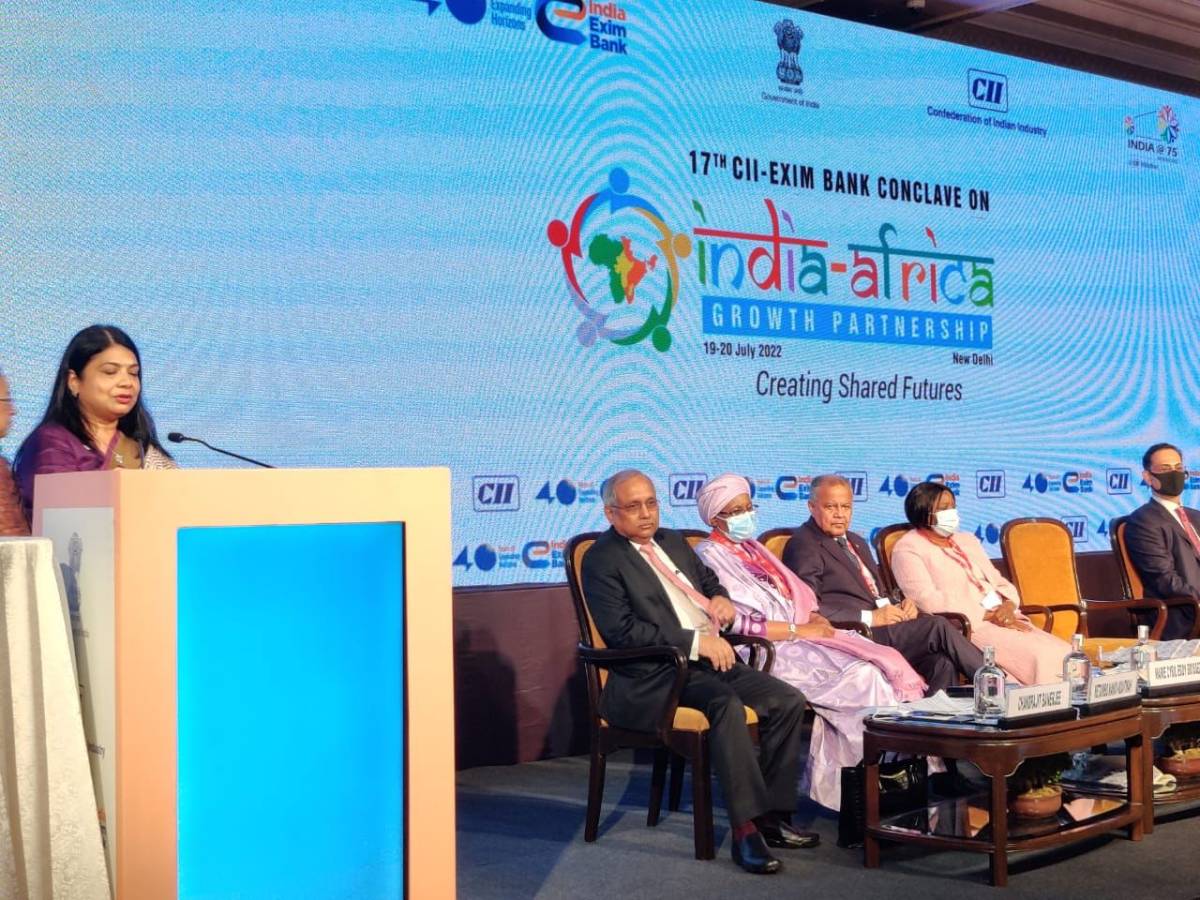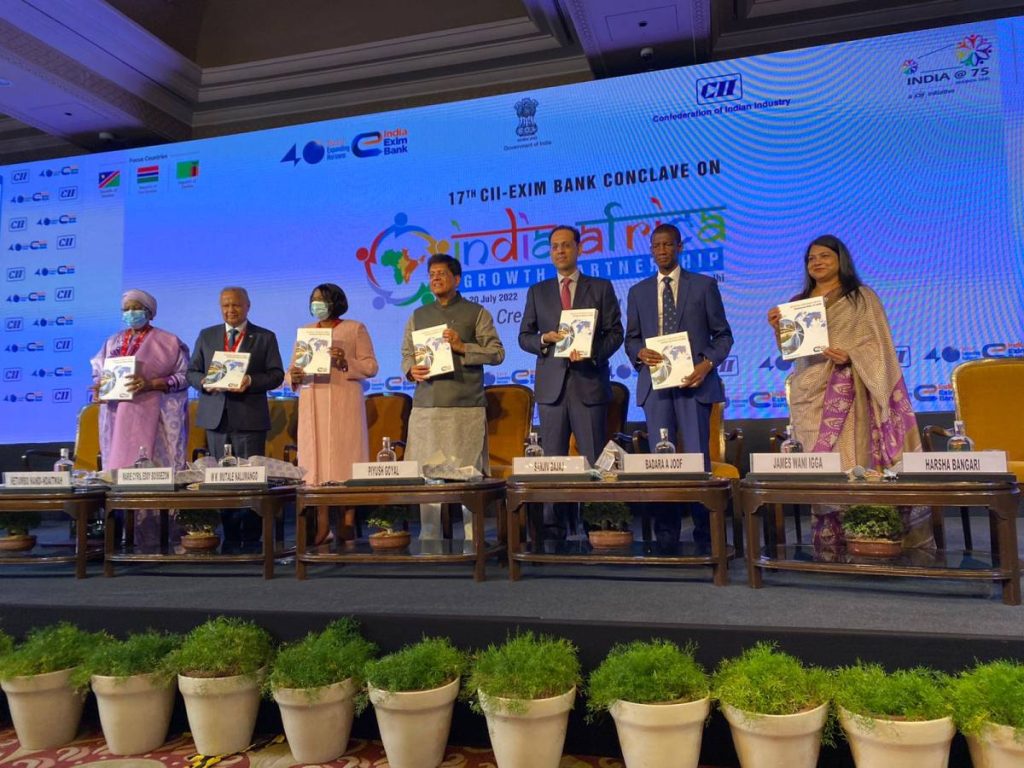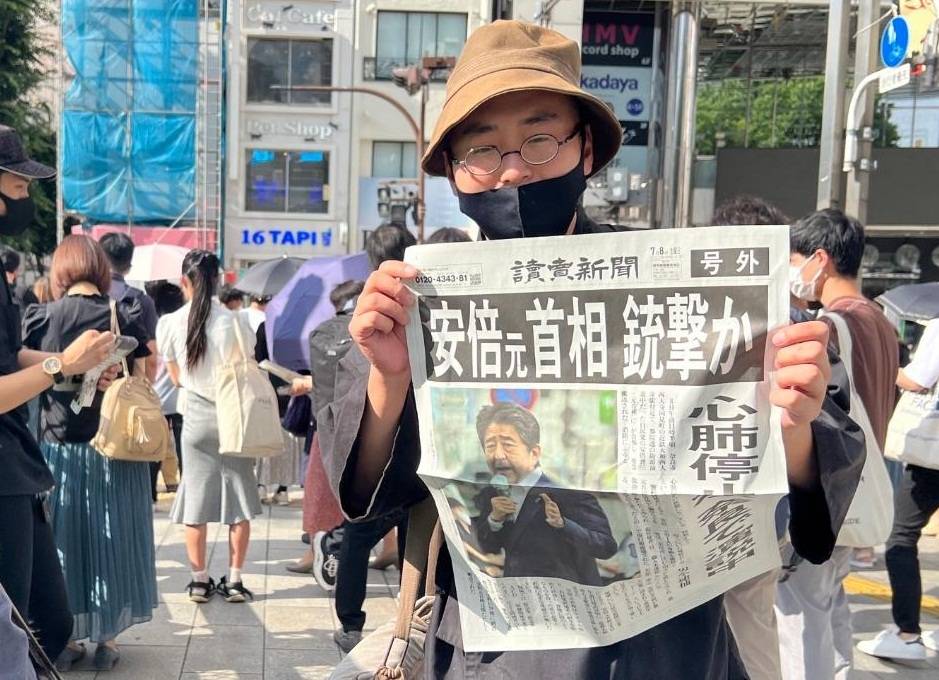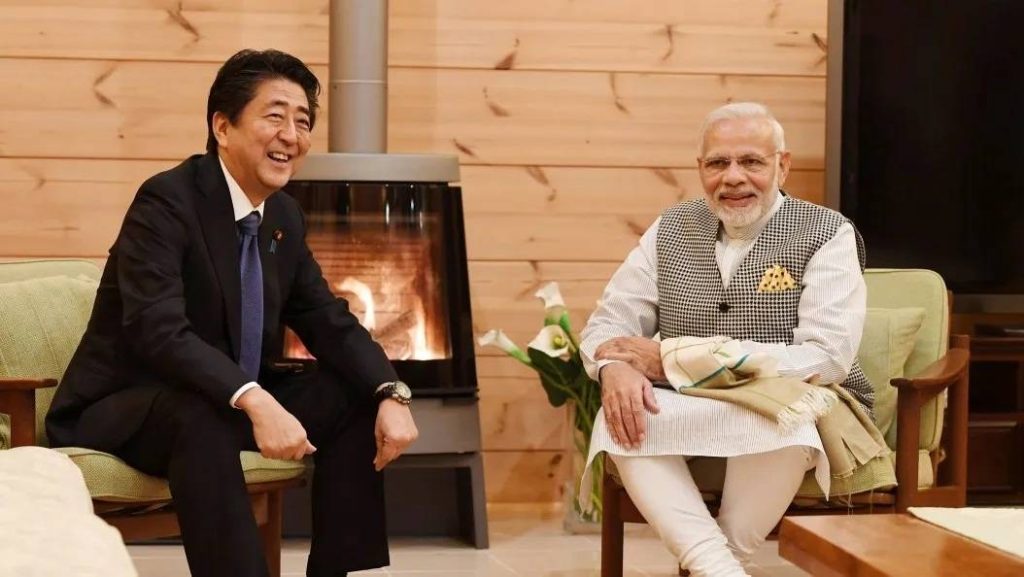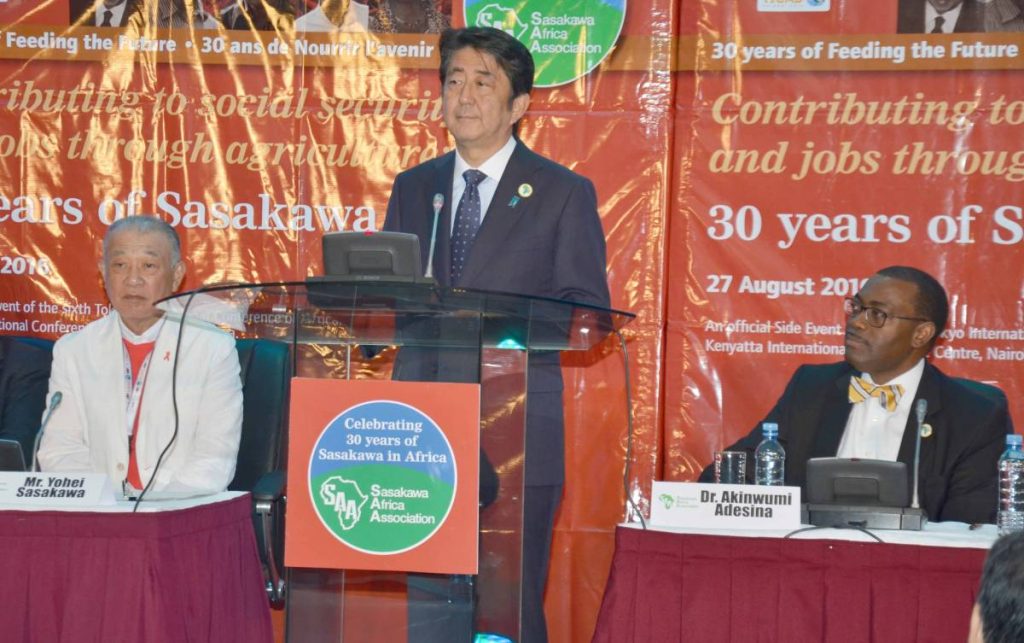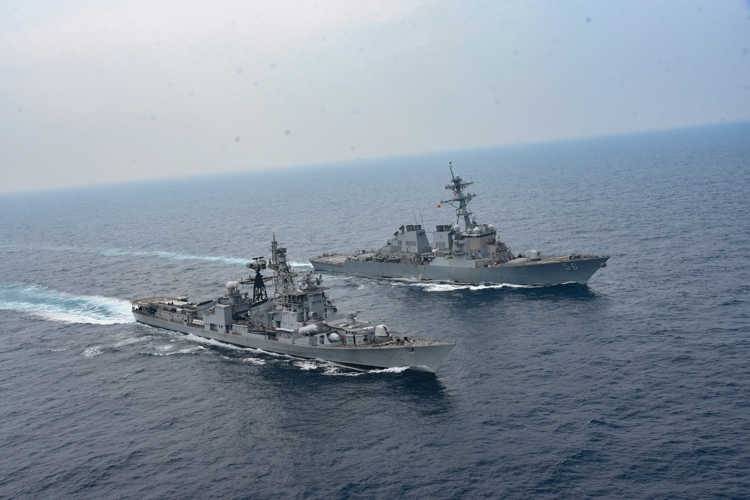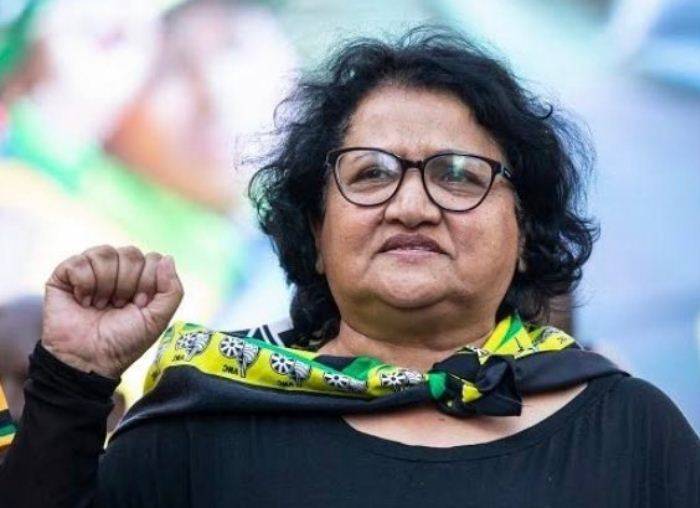Kassim Diagne, the Deputy Special Representative of UN Secretary-General Antonio Guterres for the Congo mission said they will get to the bottom of the investigation, reports Arul Louis
The killing of the two Border Security Force (BSF) personnel involved with the UN peacekeeping operations in Congo may be a ‘war crime’, the UN Security Council has declared, backing an assertion by the Acting Head of the mission there, who also said the world body will spare no efforts to find those responsible for the killings.
Issuing a strong condemnation of the attacks on UN peacekeepers in Congo, the Security Council in a press statement on Wednesday “underlined that deliberate attacks targeting peacekeepers may constitute war crimes under international law” and asked the Congolese authorities “to swiftly investigate these attacks and bring the perpetrators to justice”.
Kassim Diagne, the Deputy Special Representative of UN Secretary-General Antonio Guterres for the Congo mission, told reporters, “We will not leave any stone unturned to get to the bottom of the investigation.”
“This was clearly an act of hostility against our troops and, as you know, this may be a war crime,” he said while speaking from Kinshasa, the Congo state capital, through a video link to reporters at the UN headquarters in New York.
A declaration for revitalising peacekeeping that was unveiled by Guterres in 2017 and endorsed by India said that violence against UN personnel “may constitute war crimes” and it has been reiterated by the Security Council several times.
BSF Head Constables, Sanwala Ram Vishnoi and Shishupal Singh, died in the attack on peacekeepers in Butembo in North Kivu on Tuesday.
A Moroccan Army peacekeeper was also killed in the attack carried out by a mob that Diagne added had been infiltrated by gangs and armed groups.
He said that the bodies of the peacekeepers were being transferred to Beni, a bigger town in north-eastern Congo, with an airport.
“We’re looking at arrangements for these remains to go back quickly to their families in India and Morocco,” he added.
The BSF personnel were serving in the police component of the UN Organisation Stabilisation Mission in Congo, which is known as MONUSCO based on the initials of its name in French.
There were 139 police — many of them women — and 1,888 military personnel from India with MONUSCO.
With the killing of the two BSF personnel, the number of Indians killed in peacekeeping operations rises to 177.
MONUSCO was set up by the Security Council in 2010, succeeding an earlier mission created in 1999, to bring stability to the civil strife-torn country and end the free reign that some militias and rebel groups have in some parts of the country.
Diagne said that the situation was “increasingly under control” after two days of unrest, but the UN will “remain extremely vigilant and extremely cautious, because this situation may develop further”.
He added that gangs and armed groups that had infiltrated the protests by some Congolese were responsible for firing on the peacekeepers.
“That’s the group that we agreed with the government that we need to look (at), identify those who are involved and make sure that they go to justice,” he said.
“I wouldn’t even call them protesters, I would say looters and criminals,” he added, describing the looting of supplies from the UN facilities and the vandalism seen on social media.
News reports from Congo said that the protests had been organised by a group within the ruling party, the Union for Democracy and Social Progress, complaining about the UN’s inability to stop the attacks by rebel groups on civilians and the government.
One of the demands of the protesters was that the UN should withdraw from the country.
Diagne said that the UN was in communication with peaceful protesters and pointed out that the UN operation was in the process of transition and had pulled out in various places under the Security Council’s decisions leaving it now only in two areas.
Many people in Congo, on the other hand, were against the MONUSCO withdrawals fearing the return of armed militias preying on the people.
He denied reports that 50 people had been killed in Congo riots and the claim by some reporters that UN forces had fired at protesters.
Congo’s Interior Minister, Daniel Aselo Okito had said that only 15 people, including peacekeepers, had died in the riots, Diagne added.
He said that the UN wanted a thorough forensic investigation in cooperation with the Congolese government as it would show that the bullets that hit the protesters were not from the peacekeepers’ armoury.
The UN forces had fired warning shots in the air, but there “would have been a disaster because there were thousands of people, you know, climbing the walls getting into the compound,” he added.
The UN operations in Congo are among the deadliest for peacekeepers.
Since the first operation in the 1960s soon after the country gained independence from Belgium, 650 peacekeepers have died in three operations.
Of them, 246 were with MONUSCO, 161 with MONUC set up in 1999, and 243 with the operation in the 1960s.
Nineteen Indians have died serving MONUSCO and 13 with the operation before that called MONUC.
In addition, 39 Indian peacekeepers died in the UN operations there in the 1960s.

